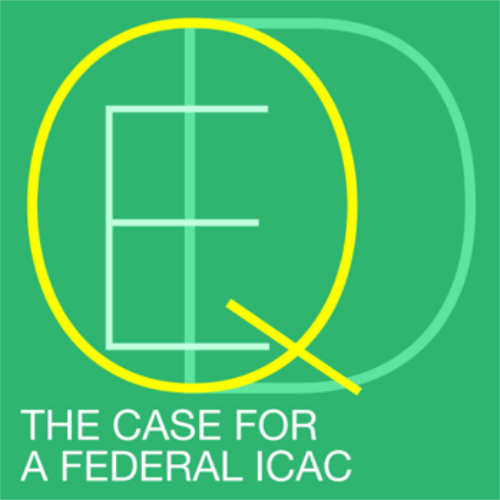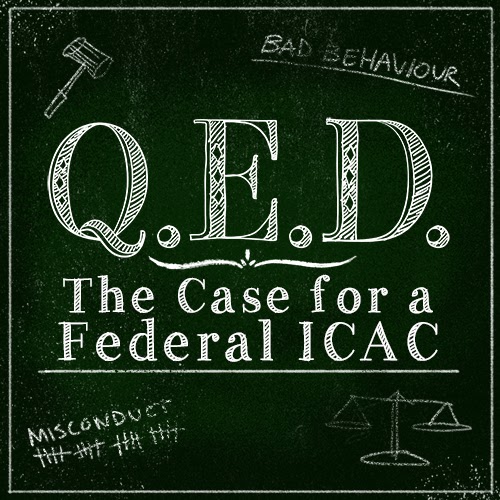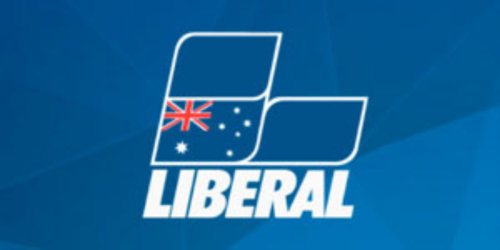Morrison ditched Turnbull plans for lobbying transparency
September 2019
One of the Morrison government’s first acts was to kill off Malcolm Turnbull’s plan for greater transparency about how lobbyists interact with the federal government, leaving in place a system widely regarded as ineffective, according to the Sydney Morning Herald.
The National Audit Office review of the Lobbying Code of Conduct strongly criticised the government for failing to implement the recommendations of a previous audit of the lobbying regime. It shows Mr Morrison and Attorney-General Christian Porter terminated plans to enshrine the lobbying code in legislation. The current system is regulatory, meaning there are no penalties for failure to comply other than being struck off the register.
The audit – a follow-up to an audit it published in 2018 – again found major flaws in what it described as a “light touch” system. The Attorney-General’s Department’s own analysis showed the Code fully met just one of 10 principles for “transparency and integrity in lobbying” set down by the OECD.
The lobbyists’ register – essentially a spreadsheet naming lobbyists, their firms, clients and any previous connections to government – has also been plagued by technical failures. In September, a technical problem caused Mr Porter to wrongly tell Parliament there were 836 lobbyists on the register when in fact there were fewer than 600.
Auditors also lashed the Attorney-General’s Department (AGD) for failing to use the compliance mechanisms at its disposal. At the end of January, there were 29 lobbyists on the register who had left government positions in the previous 12 months and were therefore prohibited from lobbying on certain topics. But the AGD only notified six of the 29 lobbyists about this prohibition.
A 30-year veteran of the mainstream media, Liz was the editor of MWMuntil June 2021. Liz began her career in journalism in 1990 and worked at The Age newspaper for two 10-year stints. She also worked at The Guardian newspaper in London for more than seven years. A former professional tennis player who represented Australia in the 1984 Los Angeles Olympics, Liz has a Bachelor of Arts and a Bachelor of Letters (Hons).




